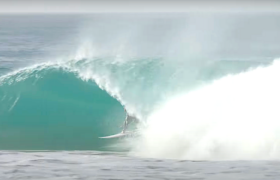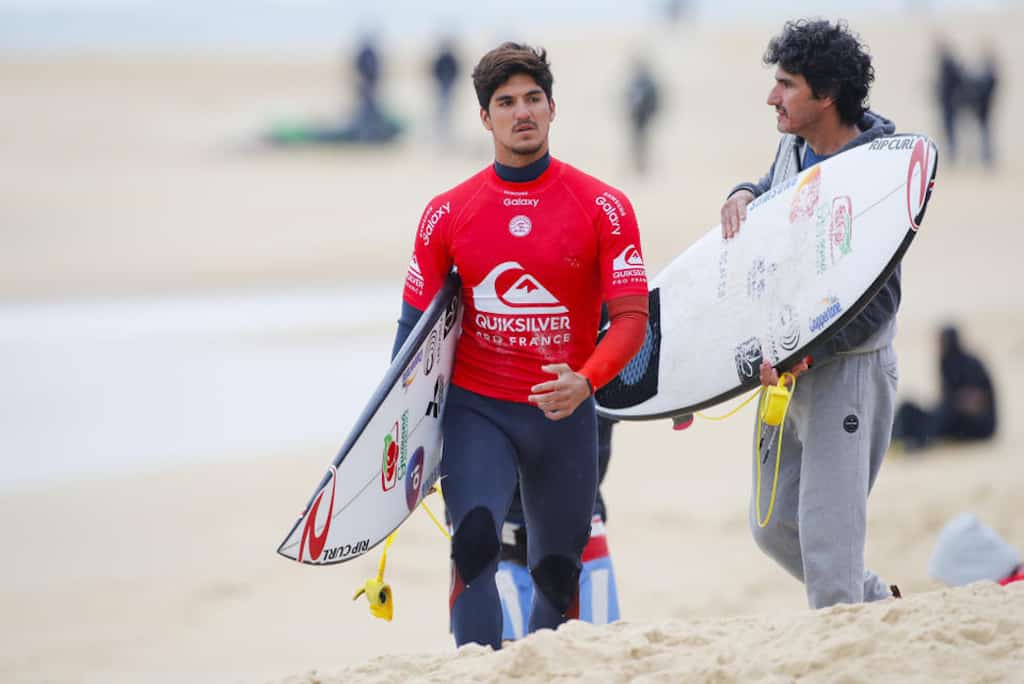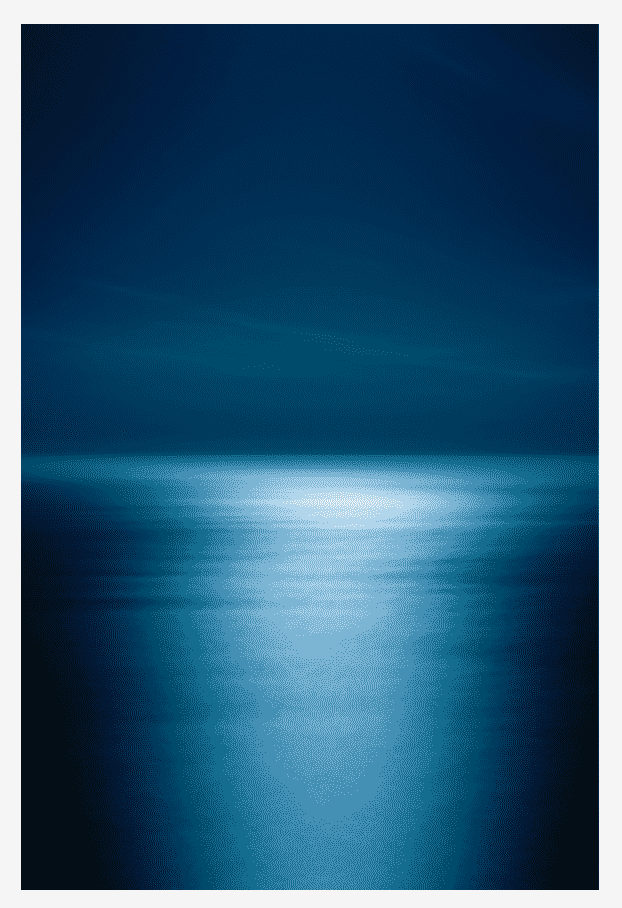"Blanket sentiments that some men said and did some unpleasant things, that some of the women were likely wronged by their female contemporaries without the specifics of who, doesn’t serve these women, or the audience."
A week or so ago, much noise was made, correctly, about the 1993 world champion Pauline Menczer who was “the victim of maybe world sports’ most brutal and blatant sexism. A world champ who could not raise a dime in sponsorship, who received a trophy that would not make the grade for the second-hand shop at the dump. Lesbian, when that was taboo, lacking the physical accouterments that were classically assumed to stimulate the desire of a presumed male audience and thus moreorless discarded by the companies that largely funded the sport. Bad old days.”
The film Girls Can’t Surf, which has just hit cinemas Australia-wide, “follows the journey of a band of renegade surfers who took on the male-dominated professional surfing world to achieve equality and change the sport forever.”
Pauline, obvs, an important element of film.
Reviews, universally, excellent.
“Astounding.”
“A story as shocking as it is awe-inspiring.”
“The force of their impact maintains a thrilling interest that persists through its subjects’ hardest moments dealing with homophobia, anorexia, and domestic violence. It’s in passages devoted to these elements that the film reaches its emotional peak.”
One reviewer has taken the film to task, however, describing it as “ultimately shallow”.
Writing for news.com.au, a Murdoch-owned online outlet, reviewer Wenlei Ma ain’t so kind.
Girls Can’t Surf frequently hit on issues and events that made a pro surfing career near impossible but then dodges it as fast it can.
Jodie Cooper’s revelation that she was outed as gay against her choice by the women on tour with her and the homophobia that followed was ultimately glossed over, without any reckoning for the individuals responsible. Ditto Pam Burridge’s recounting of her battles with anorexia.
When the documentary touches on the successful attempt to have the female representation on the governing body reduced from two seats to one, there’s no accounting for who on that board voted in favour of the resolution.
It’s also hinted that many of the women didn’t like or support each other at the time and maybe wouldn’t even take a call from them now, but that’s all between the lines.
Maybe there were legal entanglements that prevented director Christopher Nelius from naming names, or maybe the filmmakers were trying to play nice and keep everyone in the surfing community on side.
But blanket sentiments that some men said and did some unpleasant things, that some of the women were likely wronged by their female contemporaries without the specifics of who, doesn’t serve these women, or the audience.
Girls Can’t Surf wants to be celebratory and empowering, and that is fine, but it’s also what makes it ultimately a shallow documentary that feels like the introductory summary of a book with many chapters to follow.
If only it was as fearless as the women riding those monster waves.
All relevant observations, I would suggest.
Or no?









